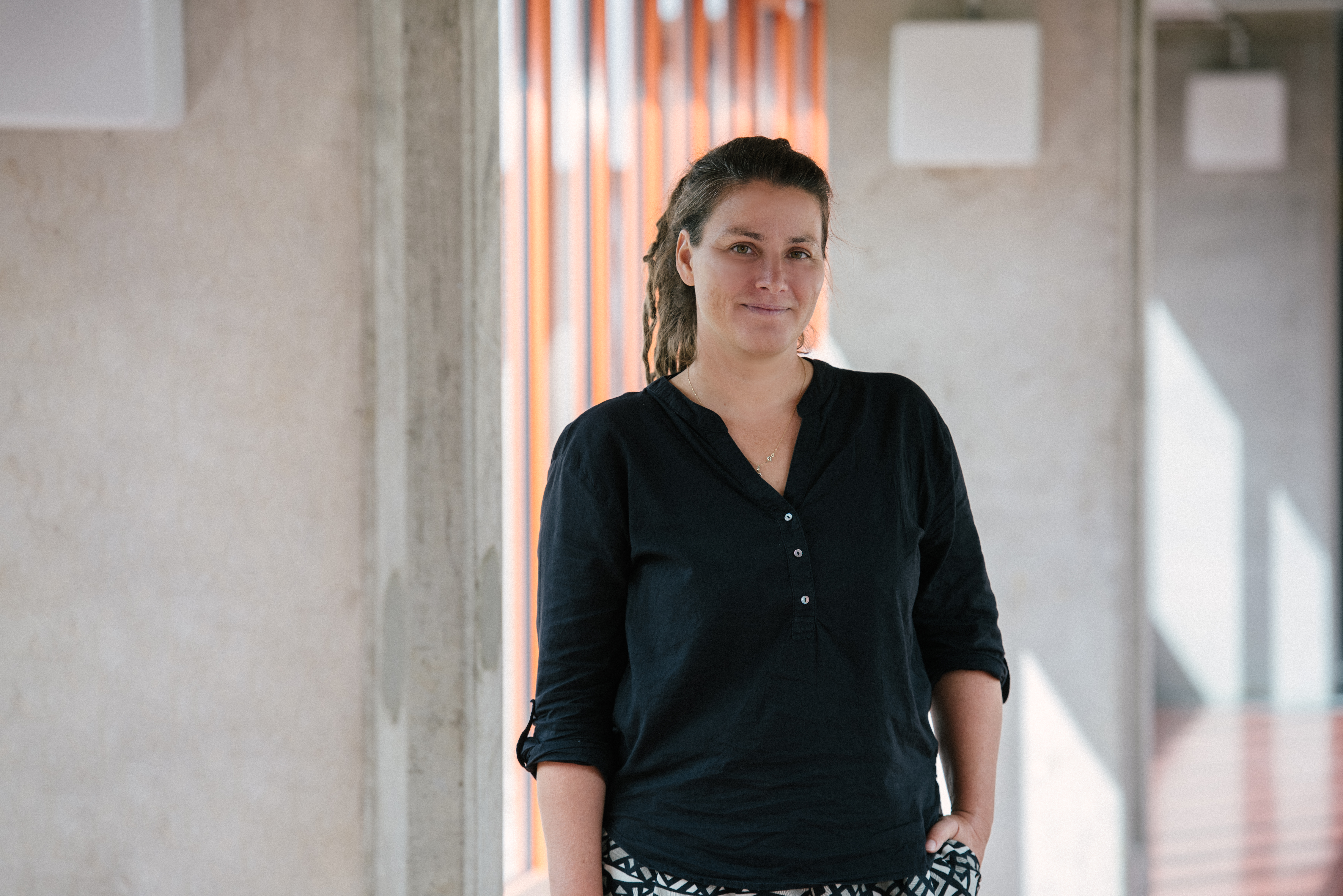
Time makes the difference
About 18,000 physicians from Cuba came to Brazil between 2013 and 2018 during the "More Doctors for Brazil" project. The programme aimed at alleviating the public health emergency, however, initially met with surprising resistance, as Konstanz anthropologist Maria Lidola observed in Rio de Janeiro.
When countries in the Global South help each other, they can assess the initial situation better because it is more similar to their own country, and they meet as equals. At least according to the theory that Maria Lidola set out to test while studying the "More Doctors for Brazil" project. This was no easy undertaking, as the socio-political climate was heated when the anthropologist went for her first research stay in Rio de Janeiro in 2014.
The first doctors from Cuba that came to Brazil as part of the project were greeted with boos from Brazilian colleagues. Social media fuelled prejudice. Some patients in family clinics refused to be examined by black doctors. Contrary to expectations, it turned out that South-South collaborations are not only characterized by greater understanding of shortages in healthcare, but also by prejudice.
Lidola conducted her research in two favelas in local family clinics. She accompanied the Cuban doctors and the Brazilian staff in their daily routine and conducted numerous interviews as well as participatory observations. "In this very politicized context, it was a big challenge to build trust," says the anthropologist, "even for me as a researcher".
How did the situation change?
The Cuban doctors quickly found out what has been lacking in the family clinics besides financial resources: time. As they are completely overloaded, the Brazilian colleagues have to process as many cases as possible and prescribe medications in a short time. The Cuban doctors, on the other hand, had time for their patients and conducted home visits twice a week. Lidola observed: "Just having someone come to their home shows patients: there is someone who cares, who worries about you. So they feel appreciated – a feeling they had not known before." In this way, trust was built up so that, in the course of the project, the majority of the population developed a positive opinion of the Cuban doctors.
From the experiences and practices of Cuban doctors, the anthropologist concludes: "Time is something incredibly important in healthcare. Sufficient time means appreciation, which is especially significant for those favela residents who feel inferior."
The detailed article about Maria Lidola's research project (in German) is freely available in the University of Konstanz's magazine uni'kon of #77, from p. 28): in the e-reader and in the PDF version (p. 28).
